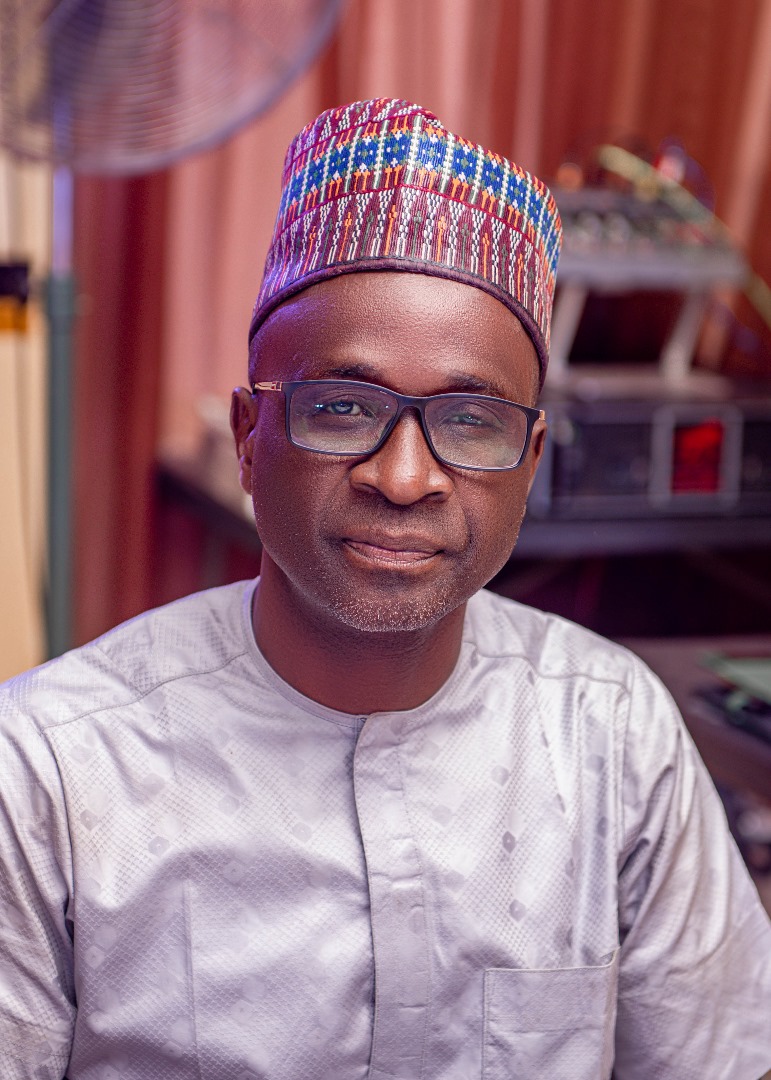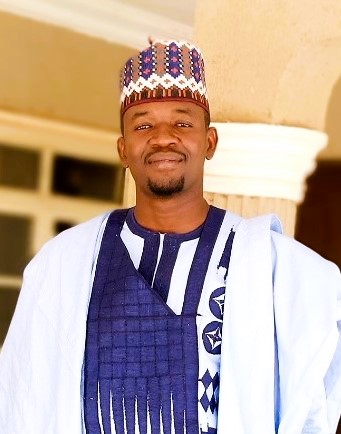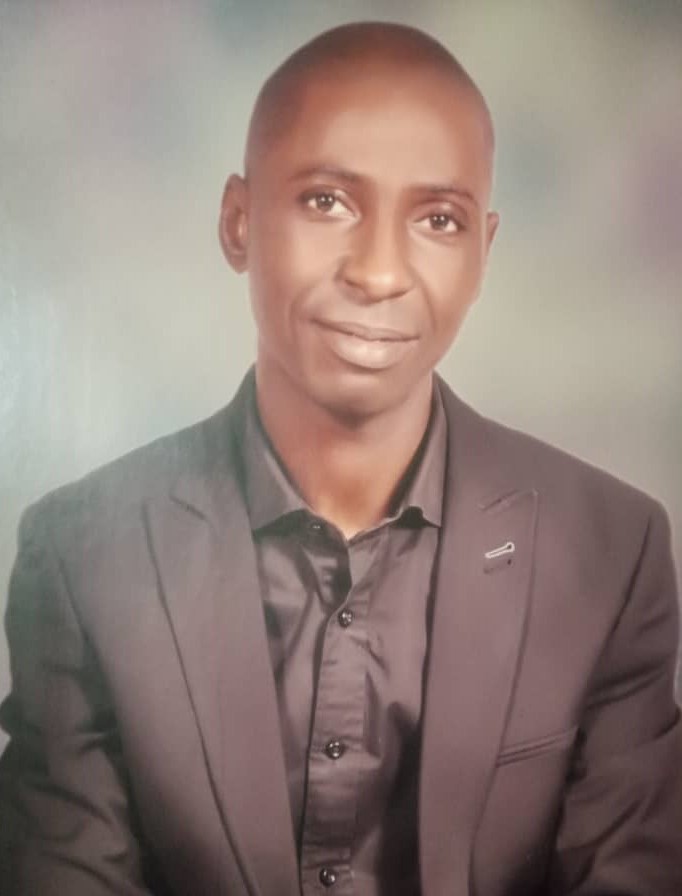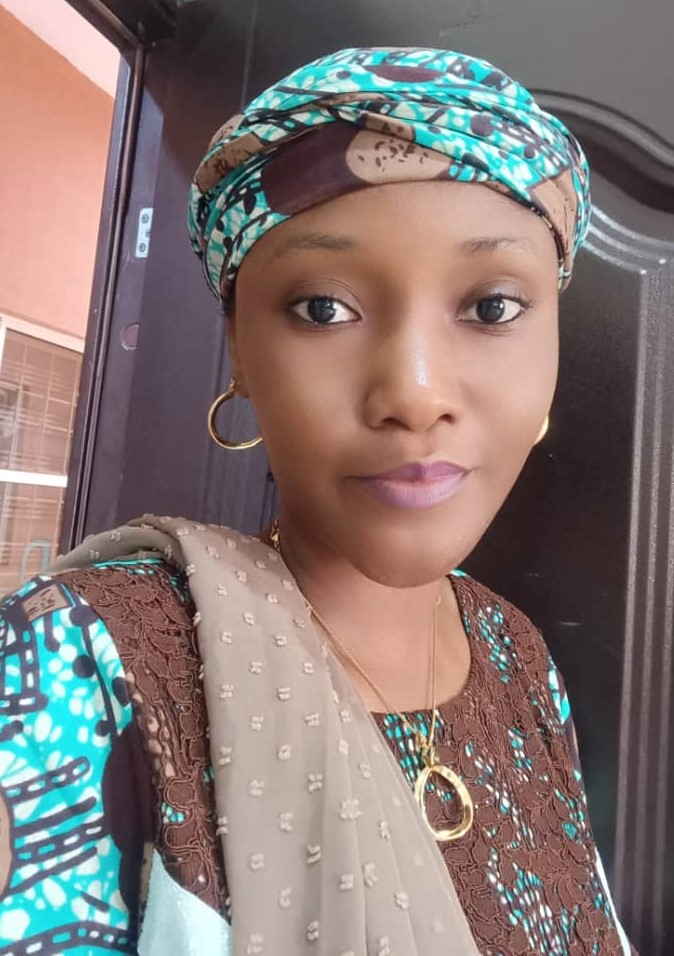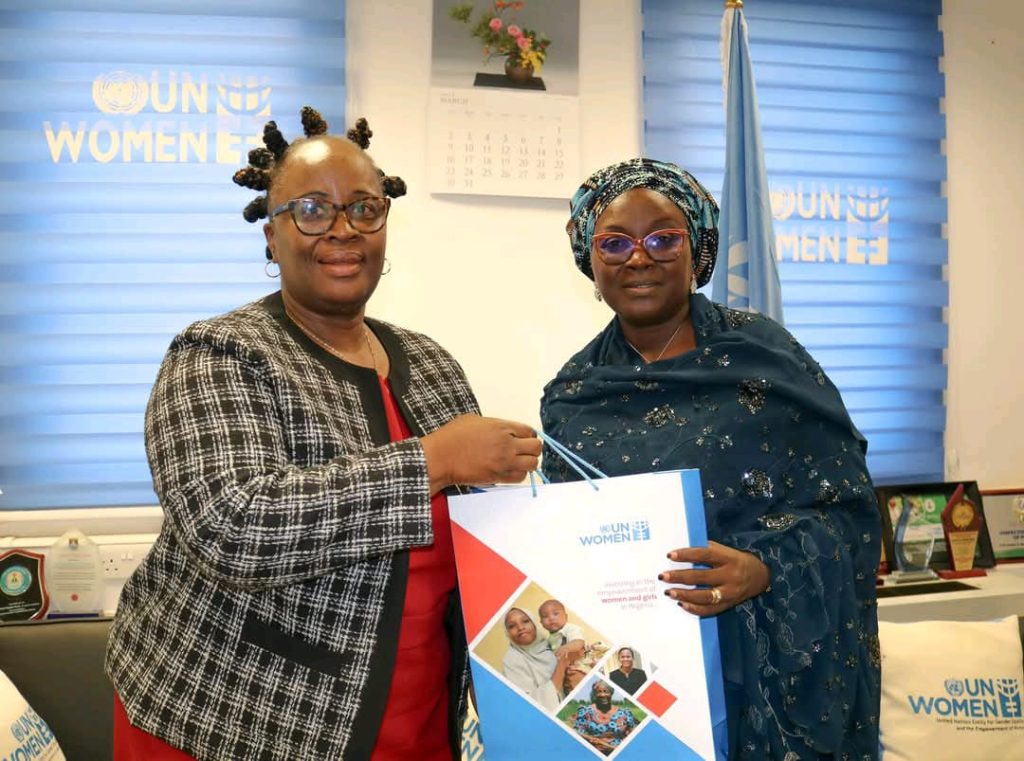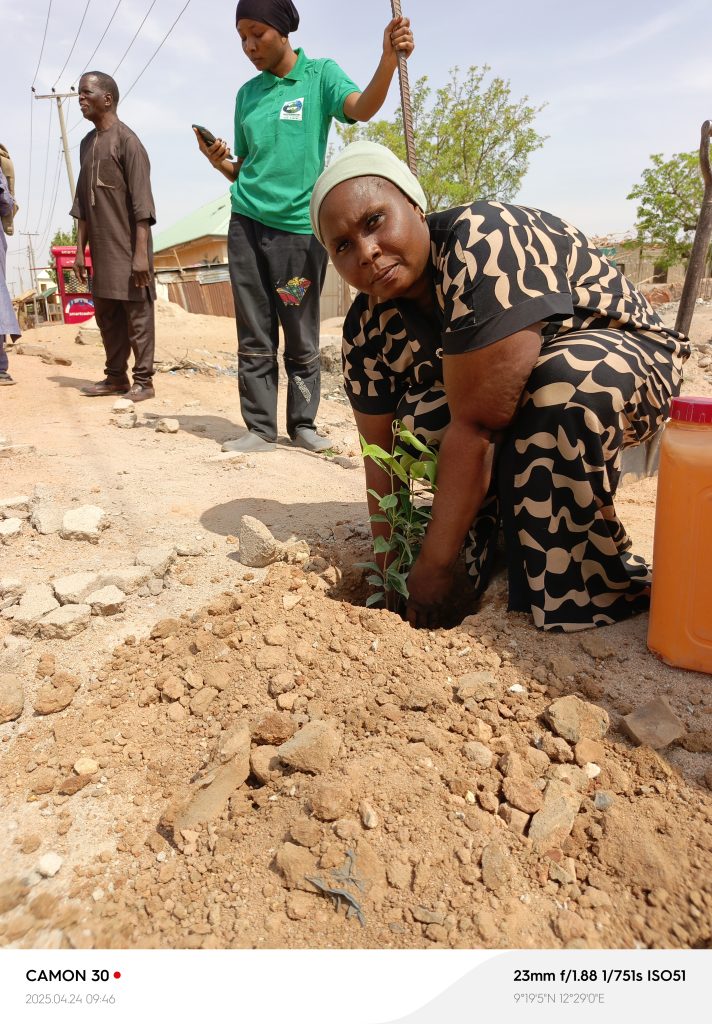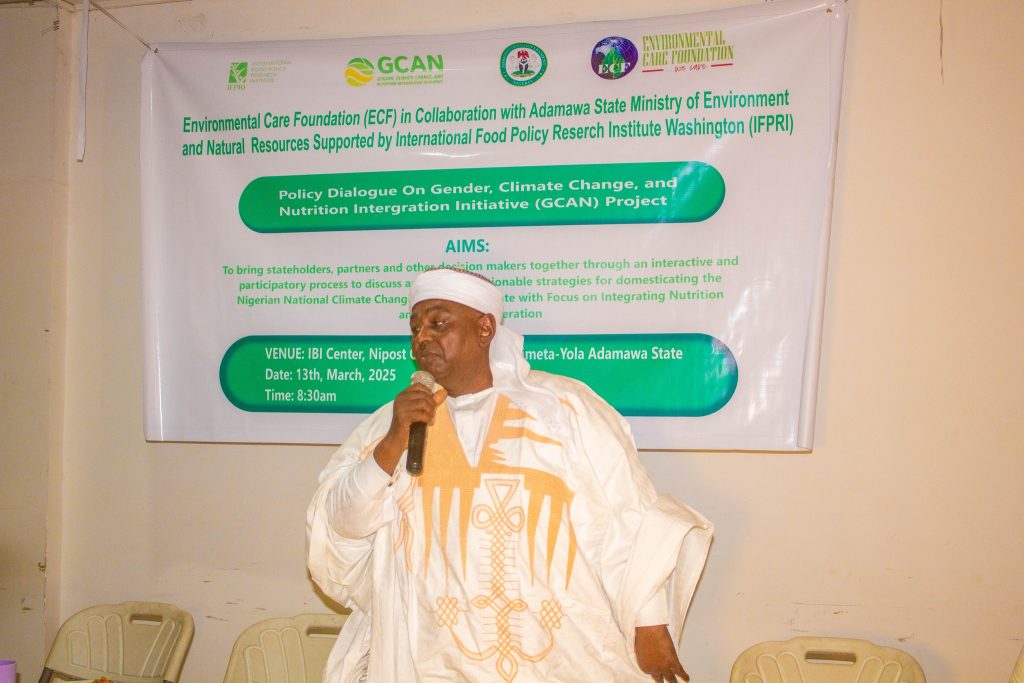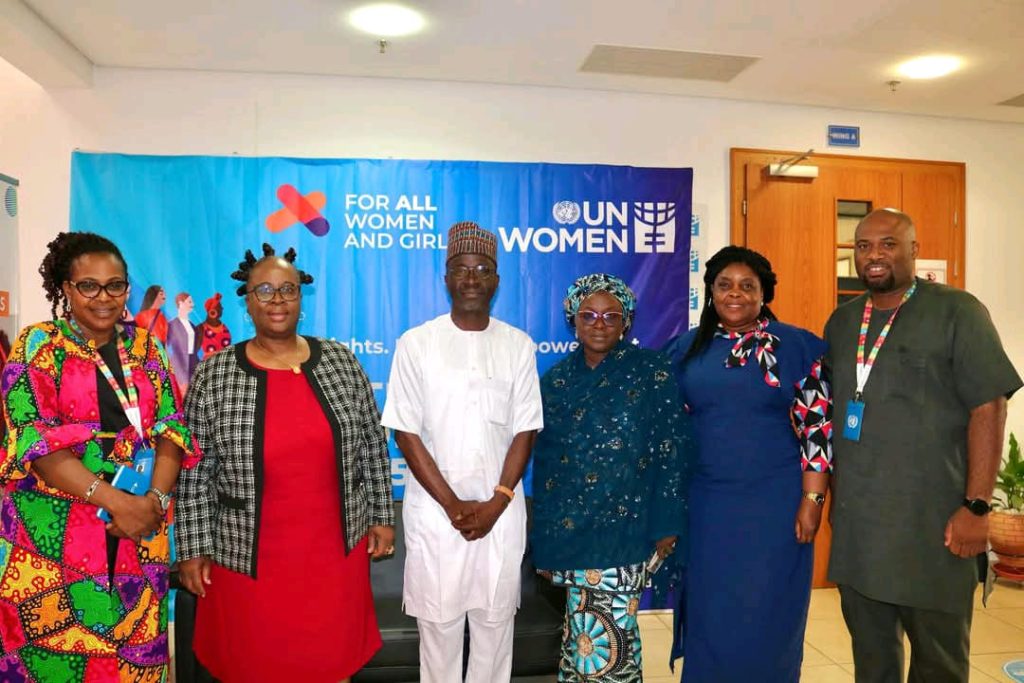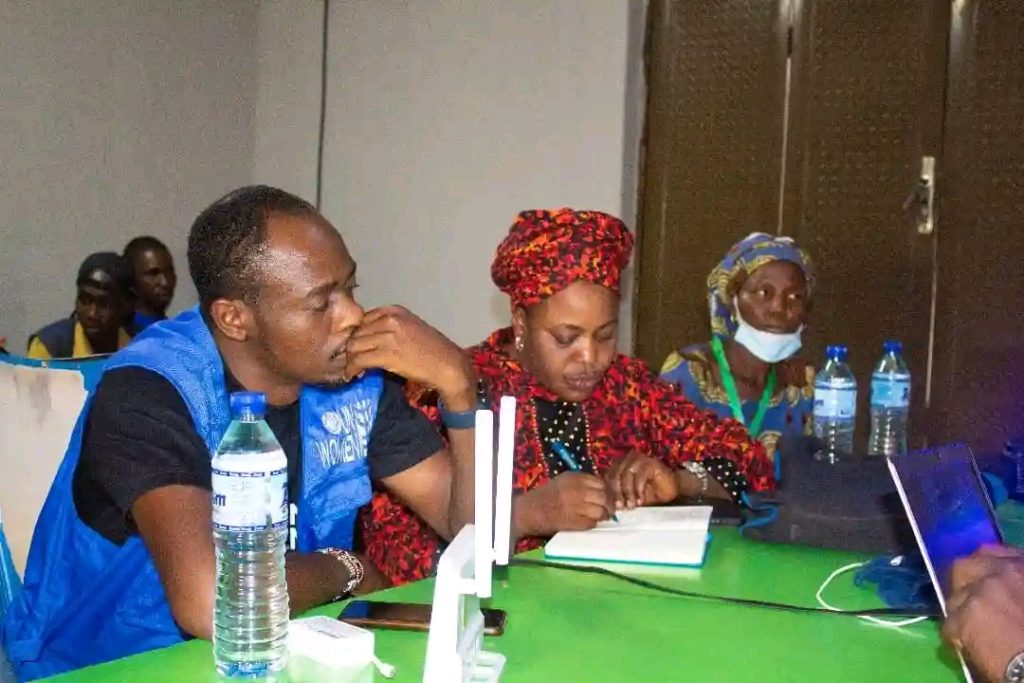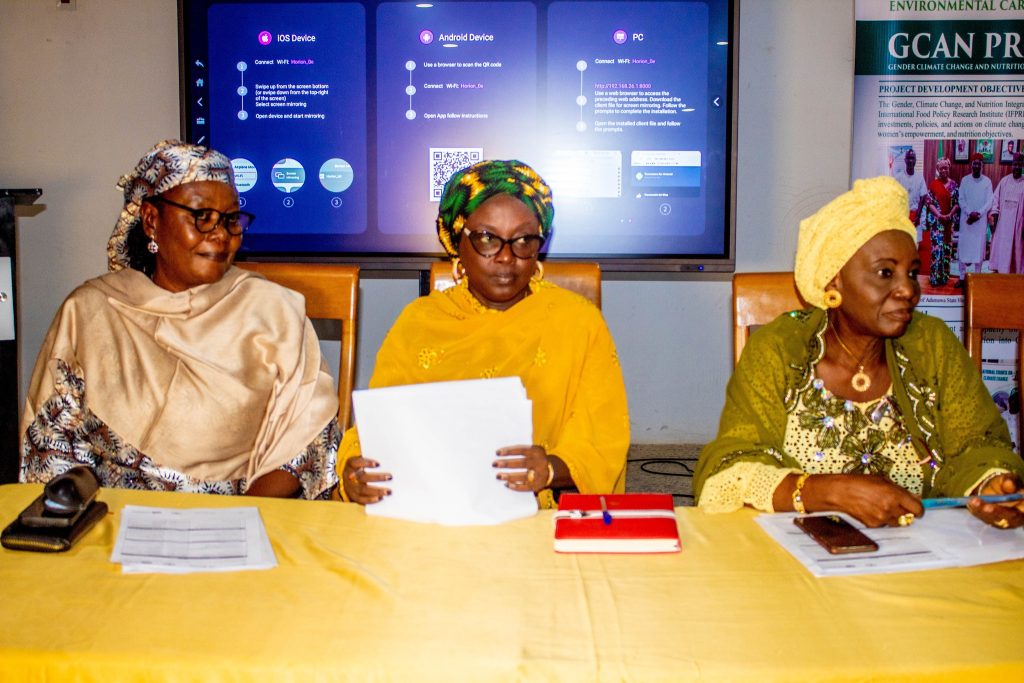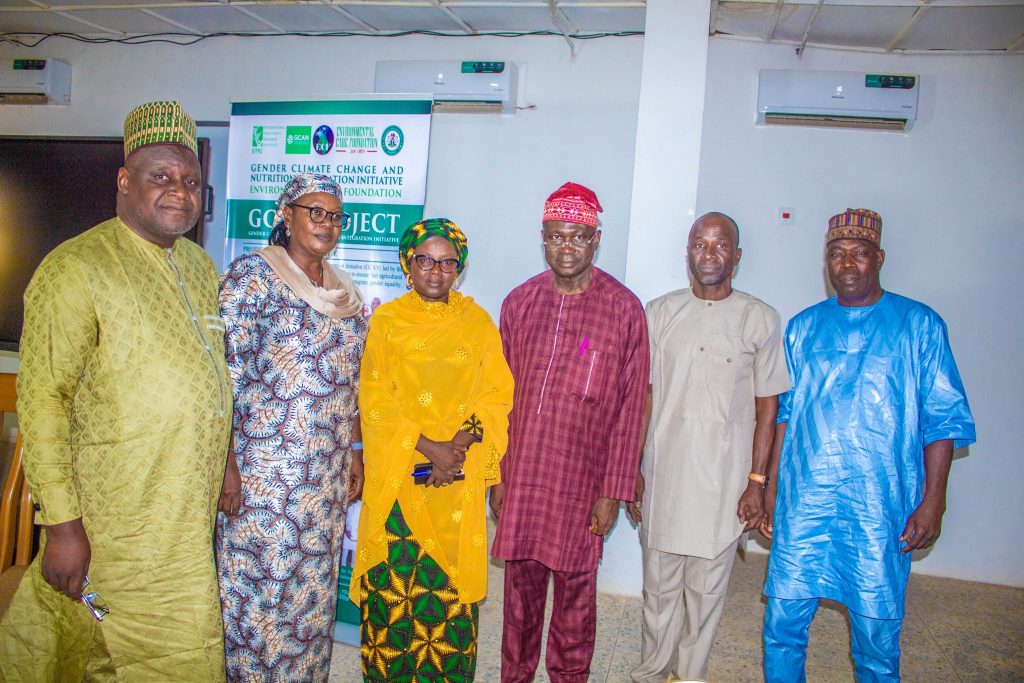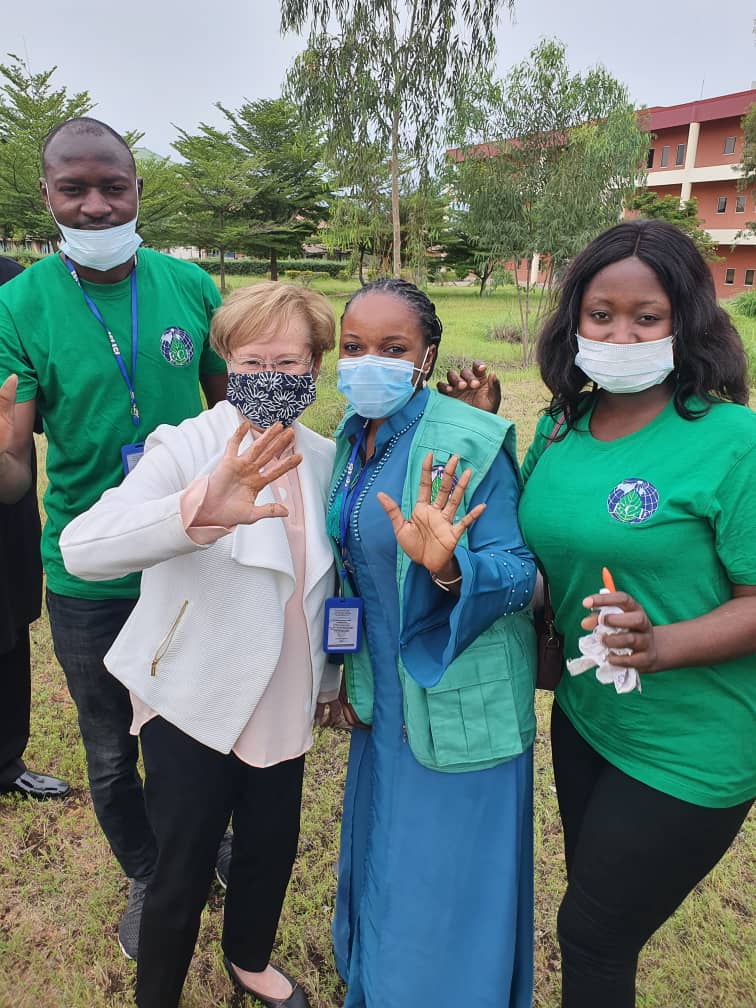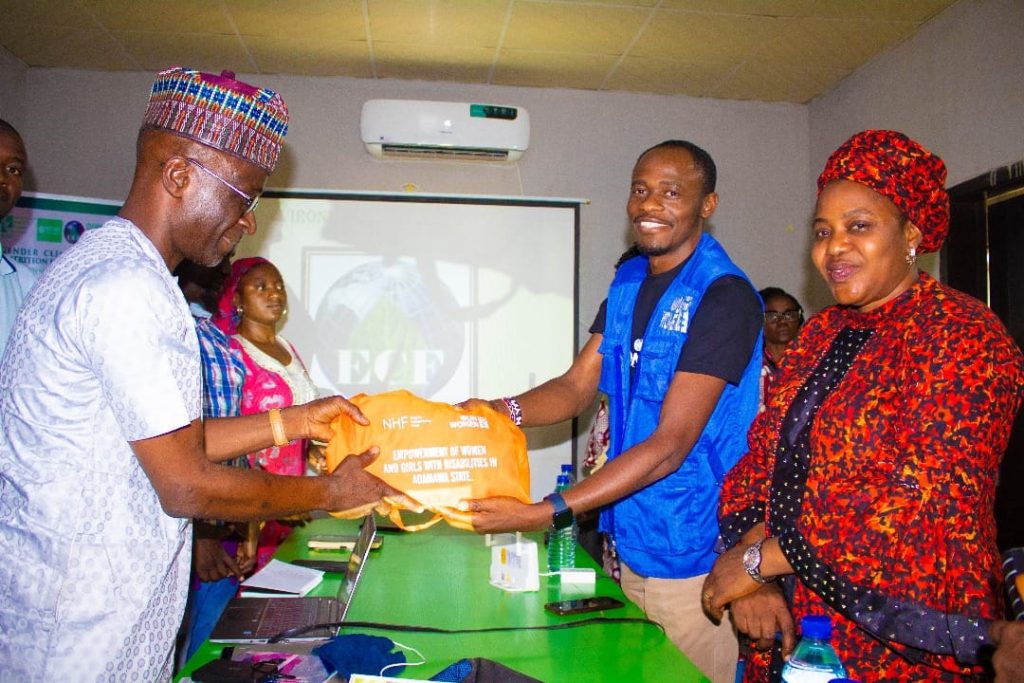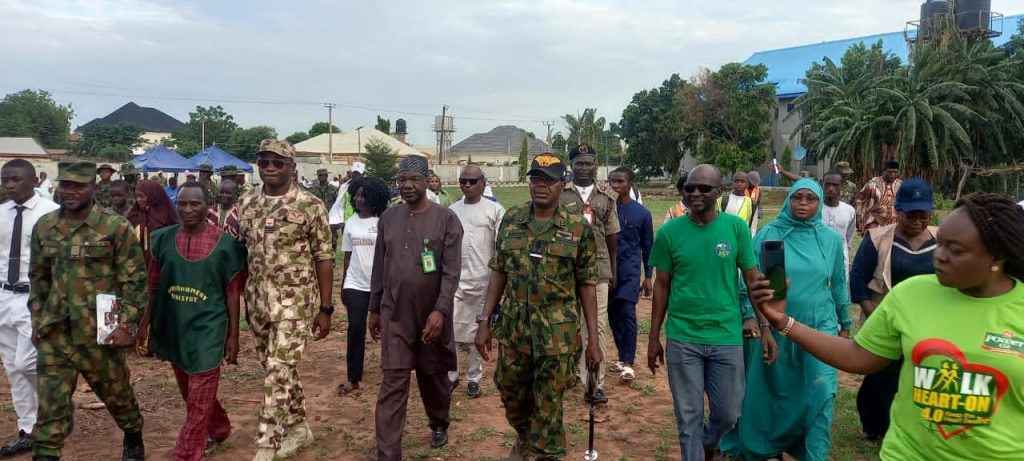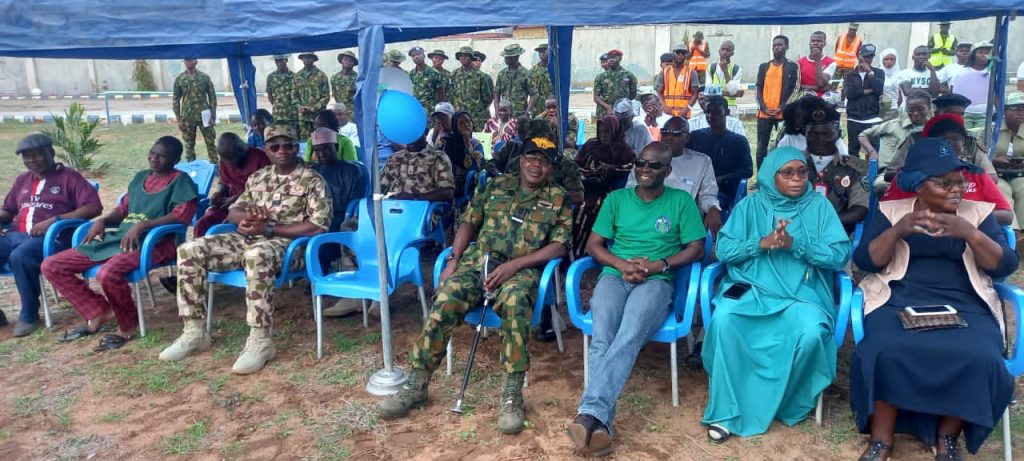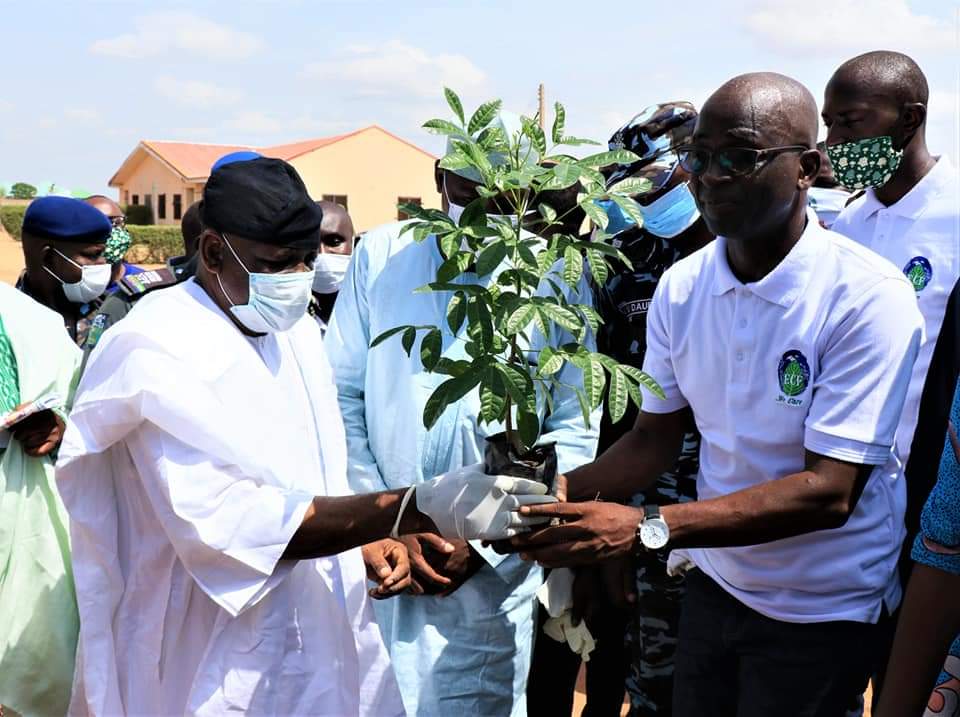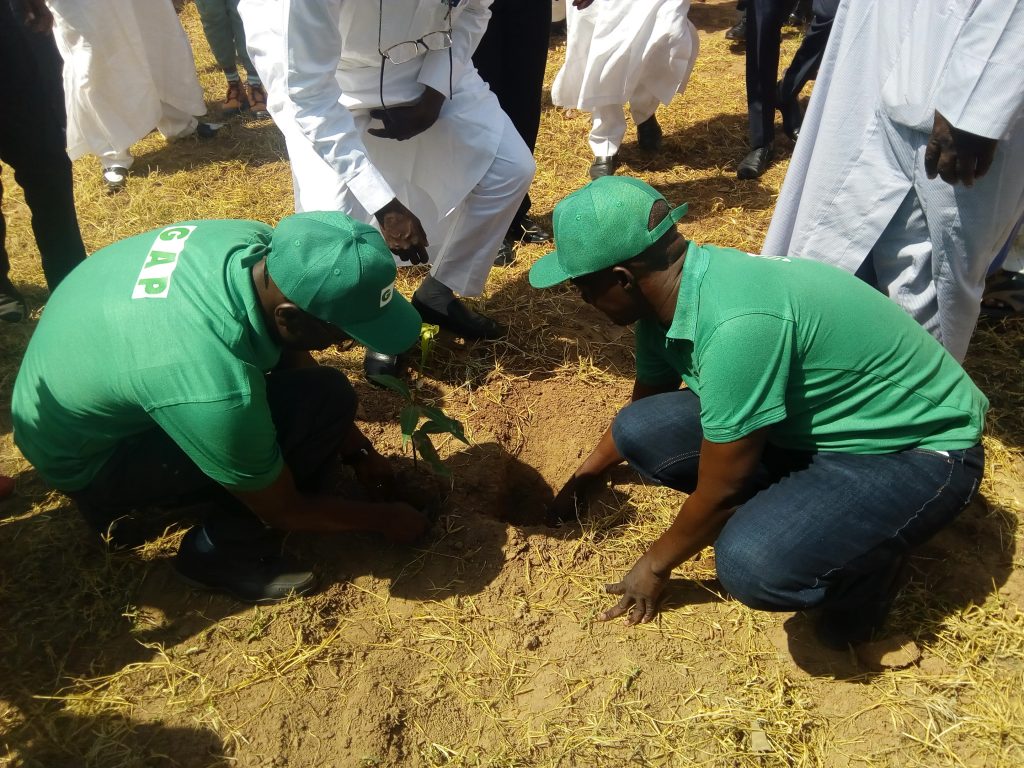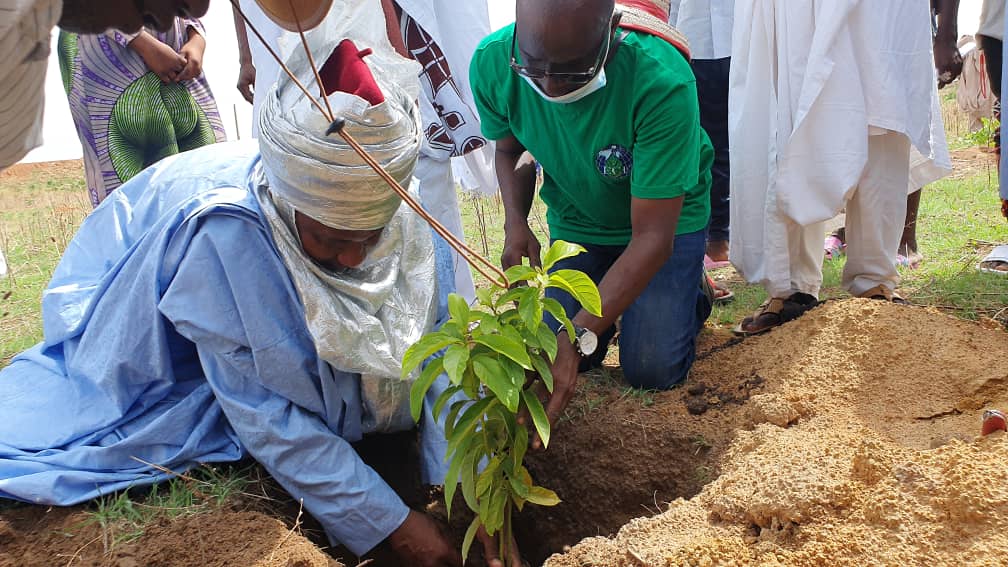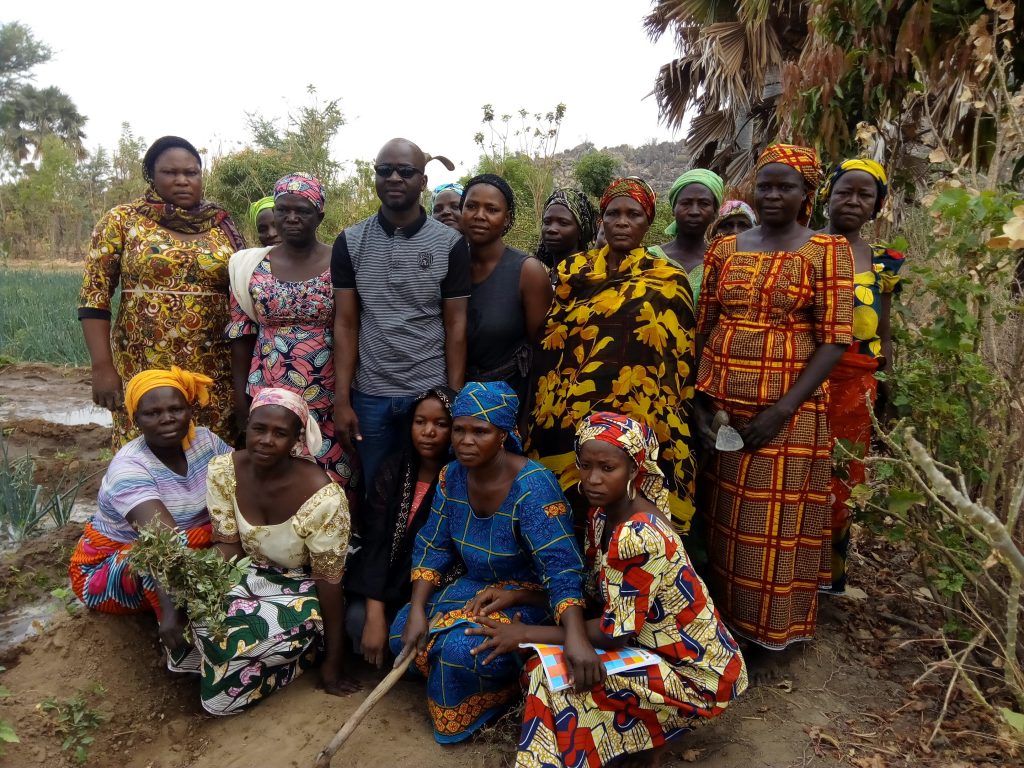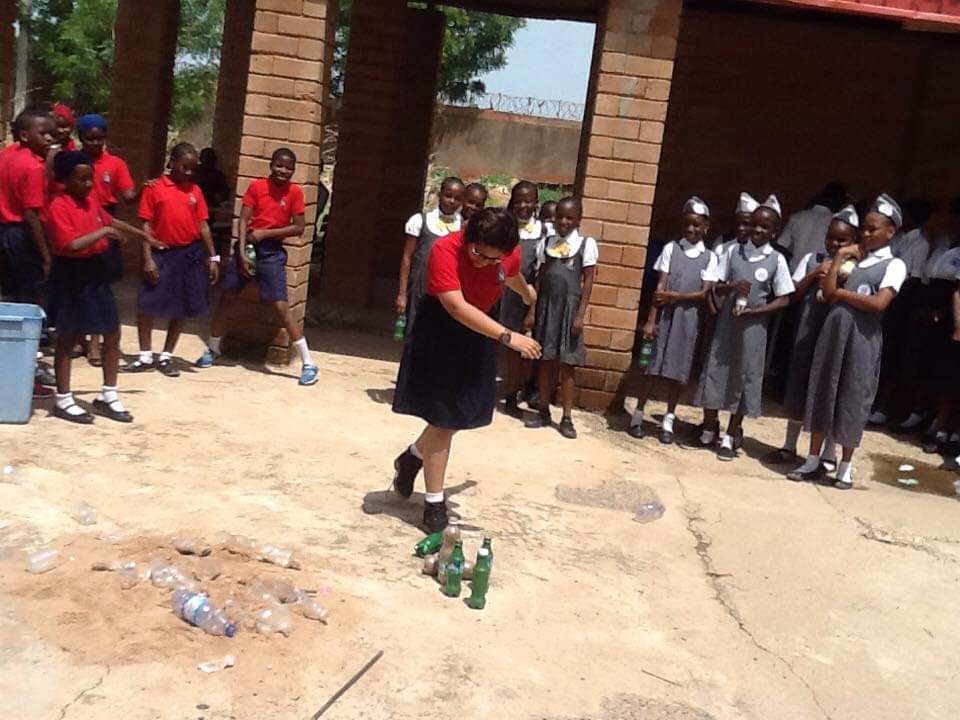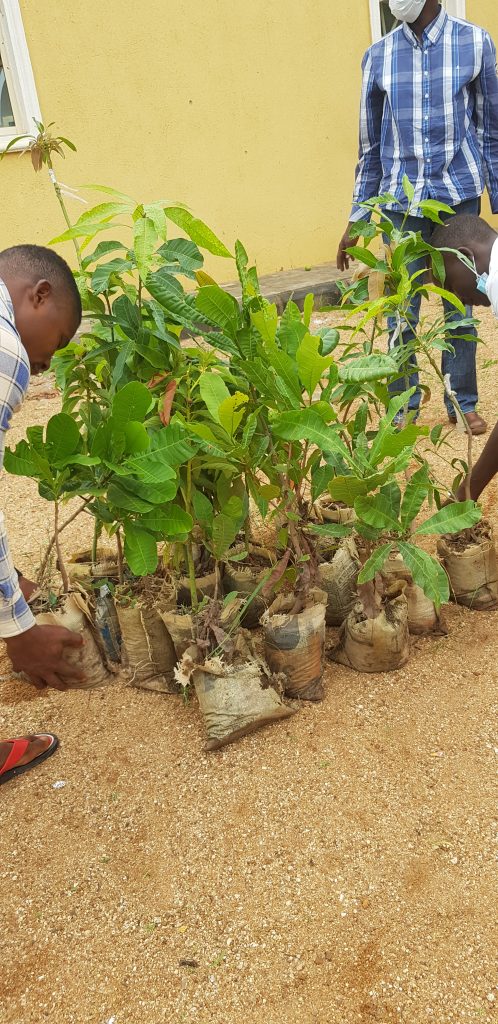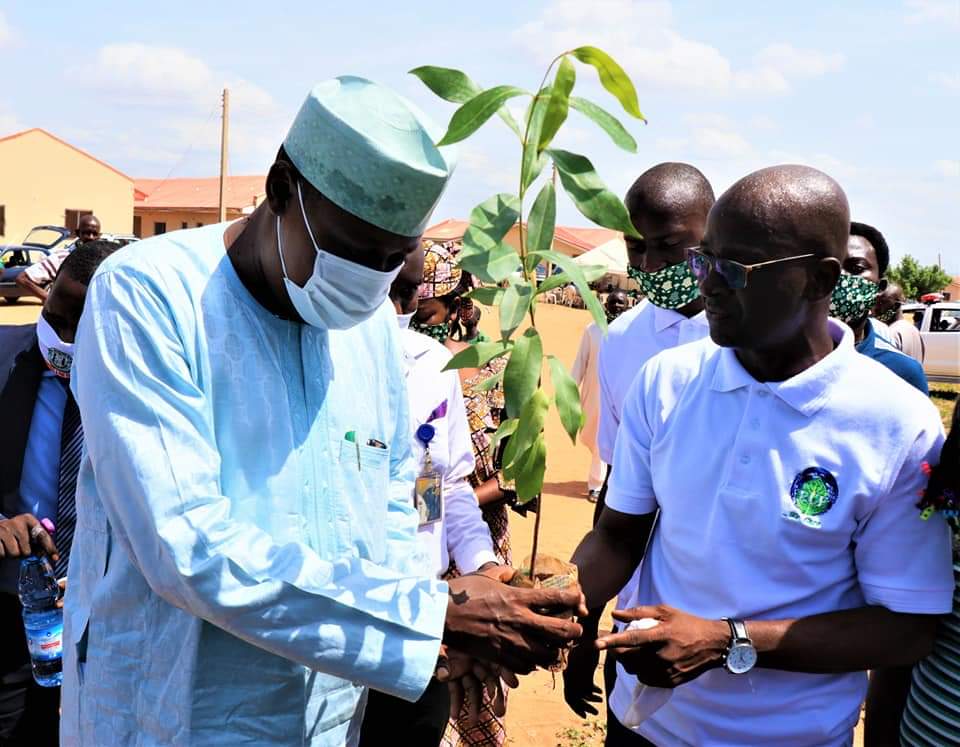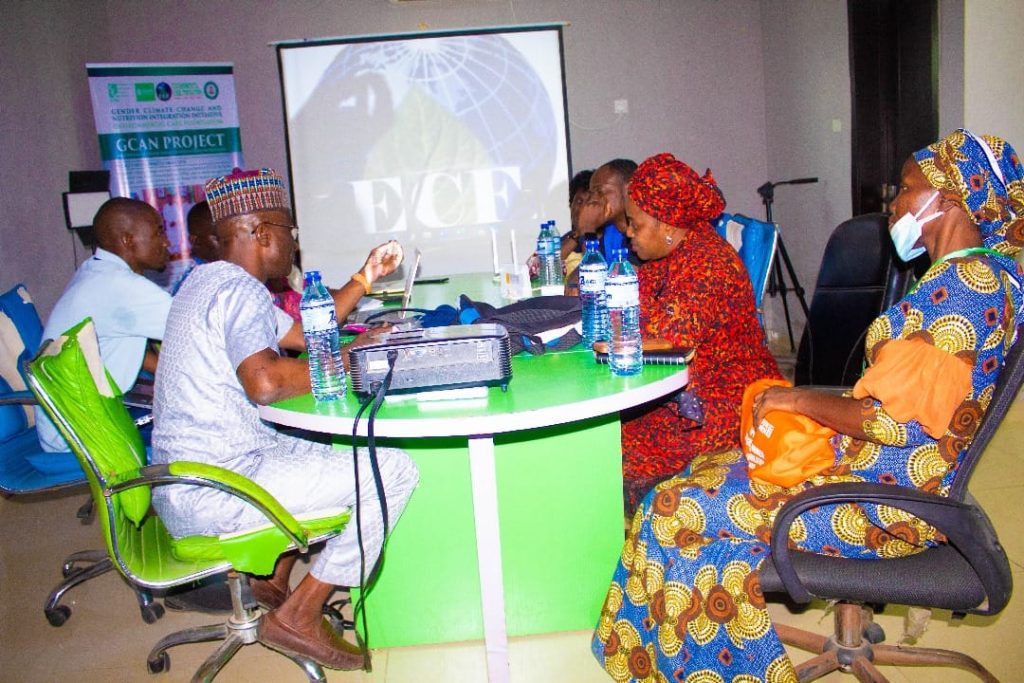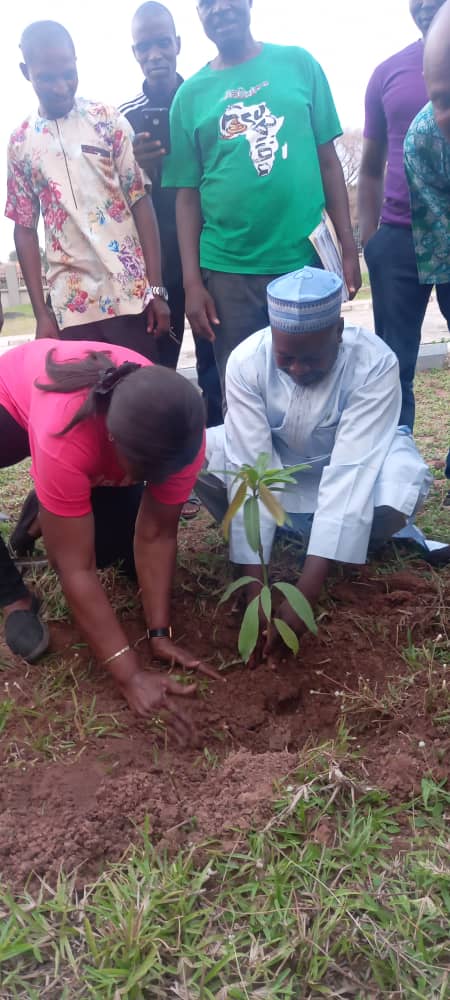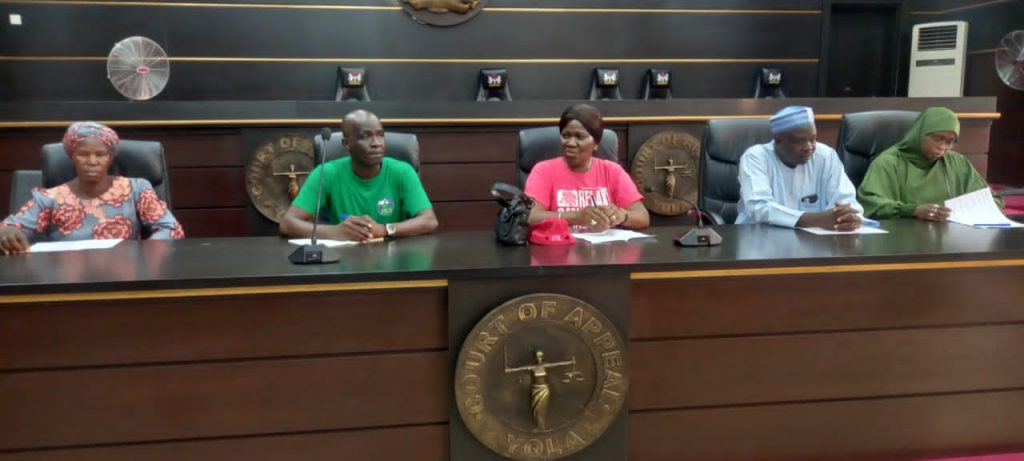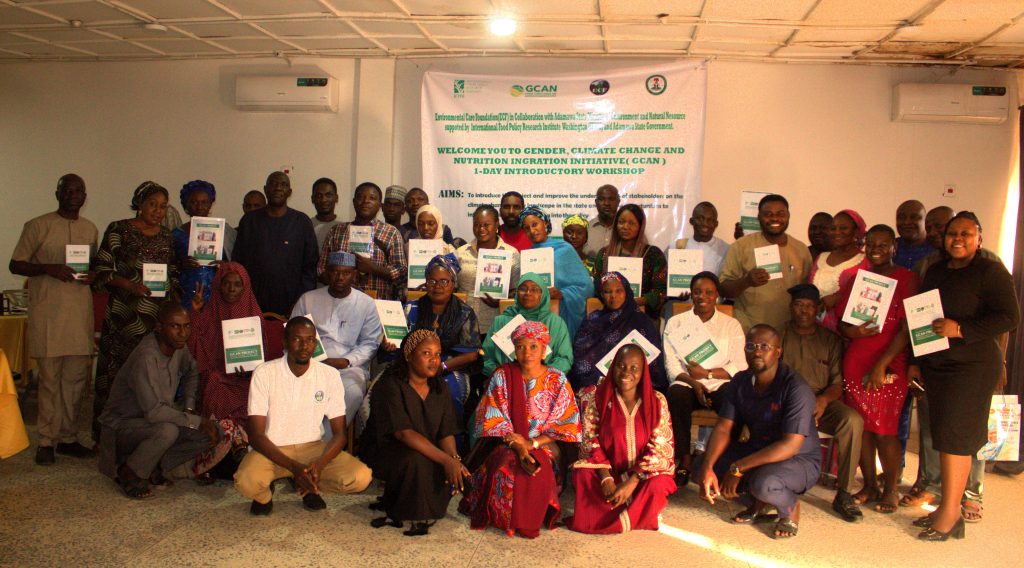Wilson Peter Wida
Governance, Policy and Communication Officer
Mr. Wilson Peter Wida is a governance and capacity-building specialist with over 7 years of experience in institutional strengthening, stakeholder engagement, and technical training within humanitarian and development contexts. His expertise spans governance reforms, climate resilience, civil society strengthening, and community-driven development across Northeast and Northwest Nigeria.
He currently serves as the Governance, Research & Communication Officer at the Environmental Care Foundation (ECF), where he leads multi-stakeholder dialogues, strengthens community feedback mechanisms, and implements climate disaster preparedness strategies. His work has directly impacted more than 50,000 people across 10+ Local Government Areas, fostering stronger partnerships between civil society, academia, and government institutions.
Prior to joining ECF, Mr. Wida served with the International Rescue Committee (IRC) Nigeria for five years, progressing from field-level to senior governance roles. He has also worked with Save the Children and Oxfam International, delivering livelihoods, WASH, and protection programmes that have reached tens of thousands of vulnerable households.
Mr. Wida holds a Master’s Degree in International Cooperation and Humanitarian Aid (KALU Institute/University of the Americas and the Caribbean), a National Certificate of Education in Agricultural Education, and a Diploma in Computer Studies. He has earned certifications in governance, gender and social accountability, climate-smart agriculture, project management, and humanitarian needs assessment from respected institutions, including Harvard Business Publishing and the IRC.
Mr. Wilson is dedicated to advancing inclusive governance, climate adaptation, and institutional capacity building to strengthen resilience in communities most affected by conflict and climate change.







